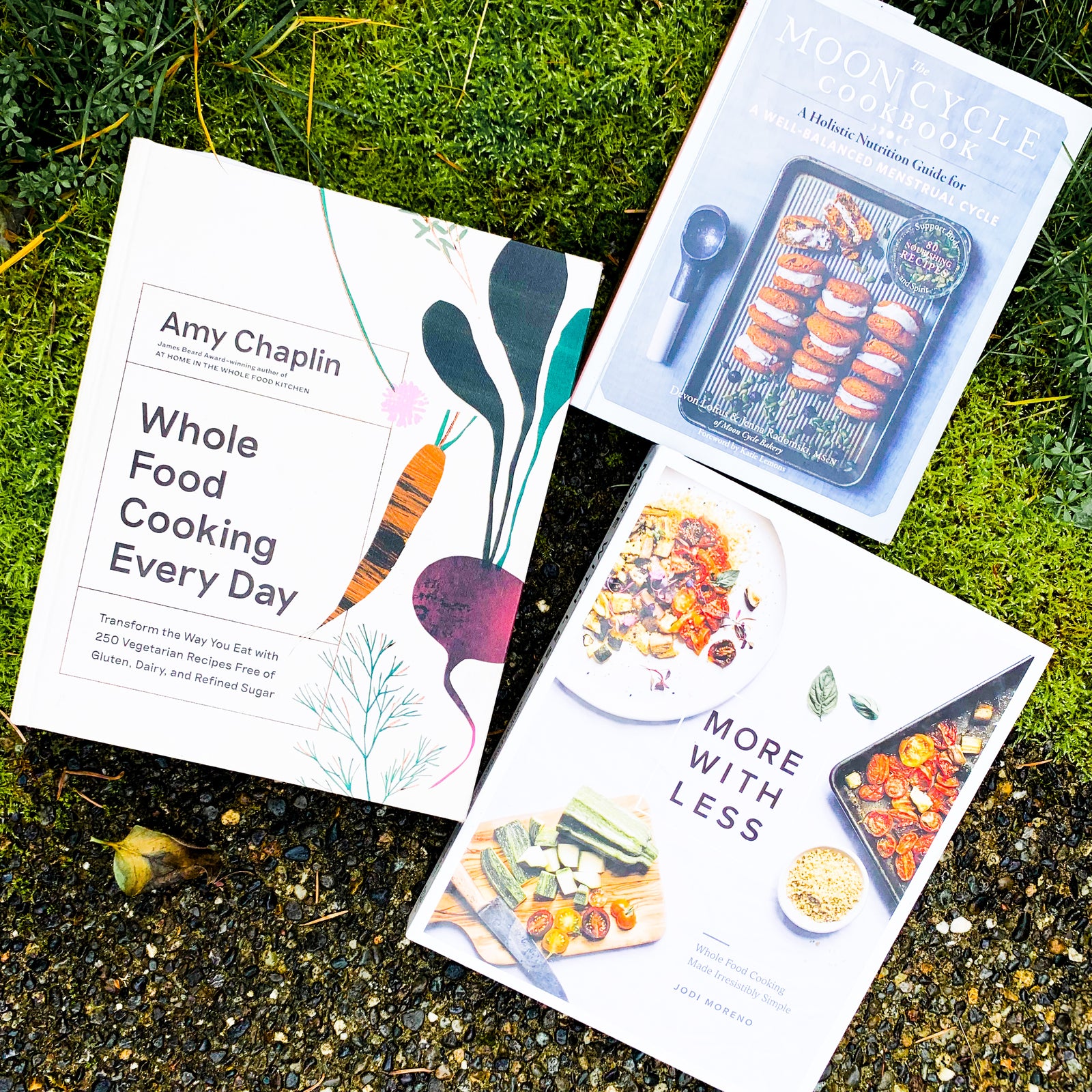What Are You *For*? By Omkari Williams

Regardless of where you fall on the political divide I think we can all agree that a lot of time, energy, actions, and words have been focused on what we’re against. We’re against destroying the planet, we’re against racism, we’re against progressives, conservatives or those who won’t stake out a position. We’re against masks or those who won’t wear them. I could go on endlessly but you get the point.
These last four years in particular have been exhausting. Our divisions have been so stark and what little civility was left in our politics seems to have headed to a long vacation on some undisclosed tropical island.
We aren’t going to heal the rifts that have been exposed, or those that have been newly created, overnight. It will take work and honesty and a willingness to look squarely at where we are, and how we got there, to begin to make things right.
One crucial step on that road to making things right begins with considering not just what we’re against but also what we are for. It may seem like that’s obvious, I’m against this so clearly I’m for that. But is it? Is being against damaging our environment the same as being for protecting it. Try this, say this out loud. I’m against damaging our environment. How does that feel? Now say this, I’m for protecting our environment.
Can you feel the difference? There is something about being against something, even something objectively bad, that requires a different energy than being for something. Being for something doesn’t trigger the fight or flight reflex the way being against something can. Being for something feels empowering, it gives a glimpse of possibilities that being against something can’t do for us.
Some of you may be thinking that this is just semantics but, truly, it’s not. That experiment I had you do should give you a sense of that. But even beyond that, think about the billions of dollars that are spent by businesses every year to get the language in their ads just right. It’s because how we say things creates a picture in our minds and in the minds of those listening. An affirmative picture can inspire us to positive action. Dr. King said, “I have a dream” not, “I had a nightmare” even though the circumstances that he was confronting actually were the stuff of nightmares.

Think about it for a bit, what are you for? What are the dreams that you hold for yourself, your family, your community, or the larger world? How might you pursue these dreams differently if you frame the question in a positive rather than negative way?
If you felt the difference when you framed something as what you are for rather than against, let that guide you for a while and see what happens. Even if you didn’t feel a difference, give framing things from a, “for” perspective a try. What can it hurt? You can always go back to being against things. After all, no one can take our rage, righteous or not, from us. But living with a more positive, hopeful framing can make a significant shift for our day to day.
Omkari Williams is a speaker, writer, podcast host, and certified creativity and life coach. Her passion is teaching people to use their stories as a tool in changing social policy. Omkari says, “Our stories are bridges between us and others and can be immensely powerful in creating societal change. Yet the stories of so many have been neglected. When we learn how to leverage the power of our collective stories we can create meaningful change and help bring justice to the world.”
On her podcast, Stepping Into Truth: Conversations on Race, Gender, and Social Justice, she interviews people doing activist work in areas from Abortion Rights to Zero Plastic Waste.
Her writing has been featured online by Elephant Journal, My Empowered World, Women For One, and Tattooed Buddha and in print by Savannah Magazine and Paprika Southern.
Connect with her at her website, on Instagram, and on Twitter.
Also in Blog

Make Healthful Habits Stick Part 2 By Sophie Knapp, MScN, CN
How many of you have given up on your resolutions yet? Most of you? Well, statistics indicate that would be the case. NO SHAME!
In this second part of making Healthful Habits Stick, I’m going to talk you through some of the “make it stick” strategies you can start using right now to get re-inspired and get back on track toward the changes you desire in your life.



